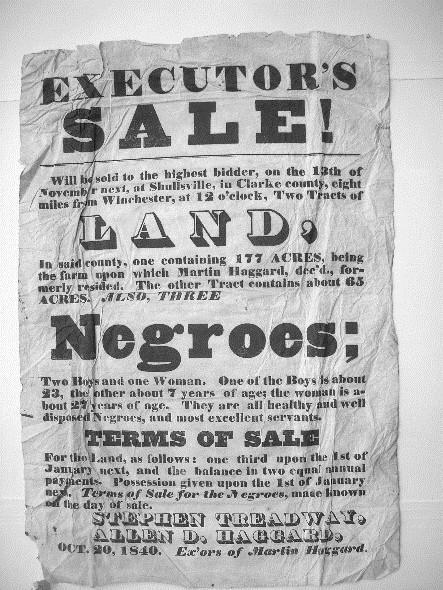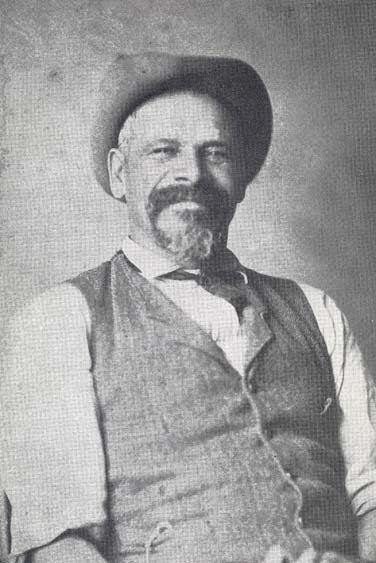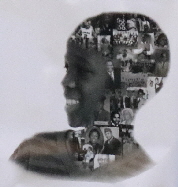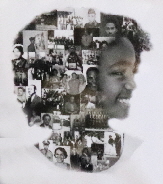#2
Before Emancipation
Sign #2 at Central Bank, 43 N. Maple Street
While African Americans settled here at the same time as whites, their names and history are largely hidden from us. Just prior to the Civil War, nearly 5,000 enslaved people lived in the county, over 40 percent of the population. Some are remembered for their extraordinary accomplishments.
Fanny Cole
After her husband, Aaron Cole, purchased her freedom in 1827, she became a popular merchant and successful businesswoman in Winchester, where she had a store at the northeast corner of Broadway and Maple St. She made her own beer and ginger cakes and operated a well-stocked general store.
Aaron Abbott
Hired out by his owner, Aaron saved enough to purchase his freedom in 1838. He soon acquired a small farm, then purchased freedom for his wife Charity, their three sons, his second wife Harriett and two children. In 1860 he moved his family to Ohio.
Moses Robinson
Born into slavery, Moses was a free man by 1840 and a successful shoemaker. He purchased freedom for his daughter Emily and her two children before his death in 1861. His estate of almost $5,000, practically unimaginable at that time, was used to purchase farms for his children, which eventually became the African American community of Dry Ridge.
For more about Moses Robinson.
Late in the Civil War (1864), Abraham Lincoln issued a proclamation to accept African Americans into the Union Army. If they could escape from their owners to enlist, military service meant freedom for enslaved men and their families. Nearly 600 men of Clark County served in the “U.S. Colored Troops.”
The chief industry of Antebellum Kentucky was a labor-intensive form of agriculture. On many Clark County farms that labor was performed by enslaved African Americans. Unfortunately, this resulted in a “market” for slaves, who were often bought and sold at auctions. These sales were frequently advertised in newspapers and most often occurred as part of estate settlements. It was not uncommon for these sales to result in the separation of husbands from wives and parents from children.

Peter Bruner (1845-1938)
Born into slavery, Peter Bruner ran away numerous times before reaching Camp Nelson, where he enlisted in July 1864. Assigned to the 12th U.S. Colored Heavy Artillery, he was engaged in combat in Kentucky and Tennessee. In his later years, he penned his autobiography, A Slave’s Adventures Toward Freedom.

WINCHESTER BLACK HISTORY
AND HERITAGE COMMITTEE


© 2019-2024, ALL RIGHTS RESERVED,
Winchester Black History and Heritage Committee
Website Designed and managed by Graphic Enterprises

